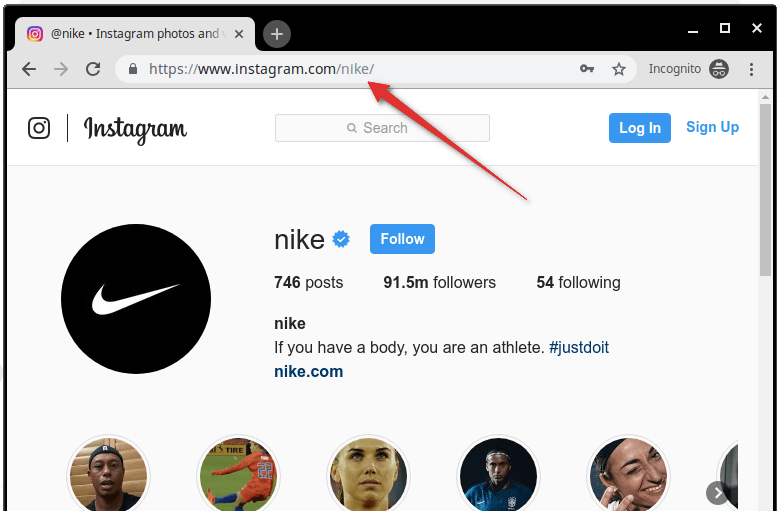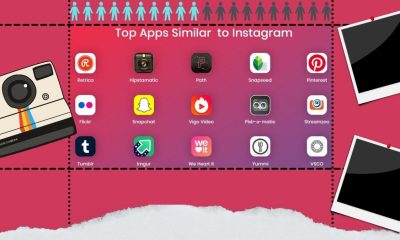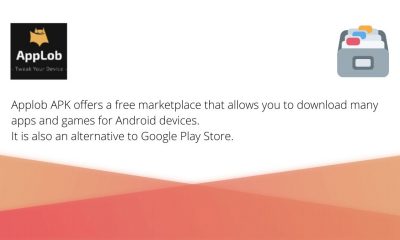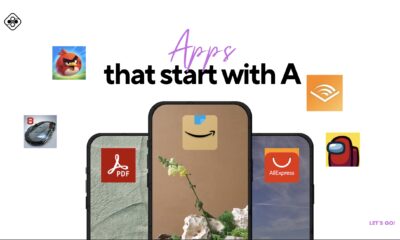App Development
How to Use Artificial Intelligence (AI) in Mobile Apps
What is Mobile Artificial Intelligence?
We all are aware of the fact, that we are living in a time of technological revolution, where every day brings new developments from the tech world. Artificial intelligence is not something that suddenly emerged from nowhere. Its idea occurred in 1956 during the conference at Dartmouth University.
At that time it was regarded as something that will be mostly used for military purposes or something that will replace humans in certain areas. Yet it is not actually what we see now, is it? Mostly artificial intelligence assists us in our everyday work, but we are still far away from that distant future, where robots and smart technologies are able to do human work as good as live people do. The main problems of artificial intelligence include programming computers for such tasks as:
- Knowledge
- Reasoning
- Problem solving
- Perception
- Learning
- Planning
- Ability to manipulate and move objects
But what about mobile artificial intelligence? This technology has already existed on the market for some time, regardless of whether we are thinking about it or not. Although artificial intelligence is often associated with an intelligent personal assistant, it is mostly used to study our habits and patterns inside various apps in order to serve us better.
Artificial intelligence in smartphones
Artificial Intelligence in smartphones is mostly used for two main purposes:
- Learning user’s behavior patterns
- Automated reasoning
Learning user’s behavior can be extremely useful in two cases:
1. When an app provides a variety of different content. In this case, artificial intelligence is used to understand and memorize user’s preferences in order to provide more suitable content for each person separately. Apple Music app is a good example of such use of artificial intelligence;
2. When developers want to get systematized feedback. At this rate, artificial intelligence helps a developer to get an understanding of customer’s needs and interests. What kind of content is the most popular? How to make more popular content? What should be added or removed in order to get more users? It is much easier to get answers to these questions with the use of AI.
Creators often use artificial intelligence both to get systematized feedback and to provide the most suitable content for users, as it helps to understand their target audience much better.
AI has also another important function, which is automated reasoning. This one is more complicated than studying of user’s behavior, as it requires problem-solving on the basis of many algorithms. For example, Uber uses automated reasoning to find the best routes (it includes not only calculating the shortest way but also monitoring the traffic situation in order to get to the destination point as fast as possible).
AI in mobile apps
The first 1-4 sessions of using an app are extremely important because during that period of time user understands whether he wants to continue using this app or not. So it is the developer’s priority to make every next session more useful and more memorable than the previous one was. And surely they use Artificial Intelligence to achieve the best results.
Recommendation service helps them succeed in it. This is the simplest application of artificial intelligence that many mobile apps use. Basically, it studies users’ preferences and interests based on their previous choices and offers the most appropriate content. This approach is used by many apps, including Netflix and Pinterest. So, again, adding AI in mobile app is quite a promising idea.
AI-powered mobile app development
You don’t need a hundred developers to add AI to your app. There are many forms of AI, some simple like pattern recognition, some more complex like determining what someone is asking for. There exist open source solutions for hundreds of AI tasks.
Amazon also provides some Machine Learning capabilities for the average developer, including Amazon ML, Image Recognition, and the still beta Lex. With Lex, you can build a full conversational AI by training it what responses to give. It allows you to parse natural language and come up with a query. The best examples of such a use of artificial intelligence is Amazon Echo and Apple HomePod.
Why add artificial intelligence to mobile app
By adding Artificial Intelligence technology to your mobile app, you automatically personalize user’s experience in the multifaceted interface.
Currently, consumer expectations are the number of errors, download speed and overall user experience.
Statistics say that nowadays people rely more on their phones than they do on their laptops and computers when looking for information, fresh ideas and advice.
In simple words, it is most important for the developer to create a simple yet useful interface so that the user was comfortable with it. This usually means that such an app must be smart (in this case “smart” means that it requires machine learning algorithms).
Best Artificial intelligence app for Android
The thing is, you can’t tell which is the best Artificial intelligence app for Android, but here is a list of some apps, that definitely deserve your attention:
• Allo
Not so long ago, Google introduced its new application “Allo.” It is used to conduct smart conversations through the use of Google Assistance. Allo analyzes the user’s behavior in order to give a definite answer. With this application, you can also surf the internet and watch videos on YouTube;
• AIVC (Alice)
This is a fairly common assistant, which will help you interact with applications such as maps, weather, notes, calendar, time, as well as do some simple mathematical calculations. With this application, you can also write SMS messages and make calls. It’s not as complex or smooth as something like Google Now but it’s not a bad option if you just need something simple;
• Easy launcher
A launcher for Android. It obeys user’s voice commands, opens websites and apps and it is used to open settings, switching on or off networks like Bluetooth, WiFi, making sound go louder or quieter;
• Evi
It is specially designed to listen to you, and give clever answers to your questions. Evi uses a variety of different resources to find information and answer your questions. And it can also convert units and currencies on your command. Evi is quite simple in use, you will definitely like it;
This one is not an assistant, but Pinterest also uses artificial intelligence. It is a network, where you can find all sorts of images. Mostly Pinterest is used to find inspiration, as it’s interface is specially designed to look for similar images or pieces of images;
• Google Now
Last, but not least. It uses data from all Google services that a person has (like Gmail, Calendars, Maps, Search, YouTube, and others.) and then gives all required information to the user. It is often compared to Siri (and the truth is, it is Siri’s big rival).
We live in a world where more and more people are using their mobile devices to complete tasks. This has caused a new market for mobile devices, which is expected to grow from 3.8 billion in 2016 to 5 billion by 2020.
Mobile applications have become the new medium for delivering digital content and services. Businesses that have embraced this technology have seen a significant increase in customer engagement, customer conversion rates, and brand awareness. This is partly due to the fact that apps provide an interactive way of presenting information about a company’s products or services.
In order for an app to function successfully on a mobile device, it needs to be optimized for touchscreens as well as specific operating systems such as iOS and Android.
So, here is pretty much everything you need to know about how to use artificial intelligence in mobile apps. Good luck with it!
-

 Marketing Tips1 day ago
Marketing Tips1 day agoWhat is my Instagram URL? How to Find & Copy Address [Guide on Desktop or Mobile]
-

 Business Imprint3 days ago
Business Imprint3 days agoAbout Apple Employee and Friends&Family Discount in 2024
-

 App Development2 days ago
App Development2 days agoHow to Unlist your Phone Number from GetContact
-

 News3 days ago
News3 days agoOpen-Source GPT-3/4 LLM Alternatives to Try in 2024
-

 Crawling and Scraping3 days ago
Crawling and Scraping3 days agoComparison of Open Source Web Crawlers for Data Mining and Web Scraping: Pros&Cons
-

 Grow Your Business1 day ago
Grow Your Business1 day agoBest Instagram-like Apps and their Features
-

 Grow Your Business3 days ago
Grow Your Business3 days agoHow to Become a Prompt Engineer in 2024
-
Marketing Tips1 day ago
B2B Instagram Statistics in 2024







